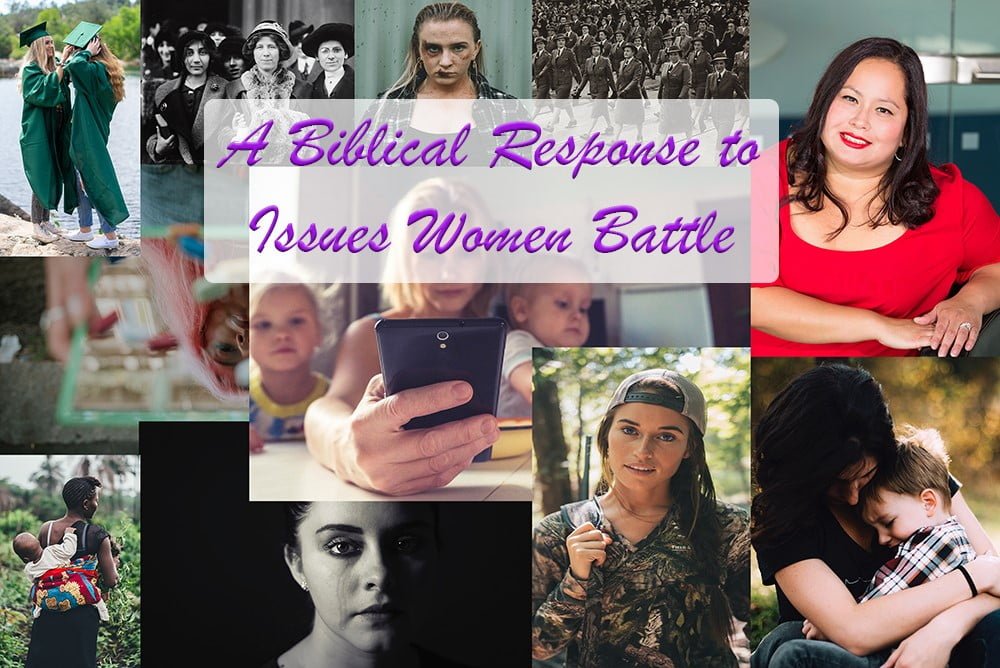⏱️ Estimated Reading Time: 6 min read
For most of my life, I have considered myself a “people pleaser.” I often avoid conflict to keep the peace, go out of my way to do something for someone that isn’t necessarily my responsibility, and worry too much about letting people down. At times, it can be easy for me to make excuses for pleasing others. I can think that I love others because I am doing something they demand or keeping the peace is a good thing. After all, I am maintaining harmony. Do you find yourself struggling in similar ways? While it is a good thing to desire to serve others and to want others to feel cared for when our actions are primarily shaped by what another thinks or what their response may be, fear of man is ruling our hearts.
God created us to worship Him alone. Yet when we fear man, we place people on the throne of our hearts rather than God. Instead of caring about what God asks of us, we can care more about what others ask of us. Or, instead of desiring to please God, we care more about pleasing others. And while fear of man doesn’t always feel bad to us, it is bad not only because it hijacks our worship of God but because it causes us to be enslaved to people.
In Galatians 1:10, Paul writes, “For am I now trying to persuade people, or God? Or am I striving to please people? If I were still trying to please people, I would not be a servant of Christ.” Now, Paul is not saying that when we aim to please others, we no longer belong to Christ, but what he is saying is that when we try to please others, we end up being a servant to others instead of being a servant to Christ. The word for “servant” in this verse involves being a bondservant, or a slave. While Scripture calls us to serve others, it does not call us to be enslaved to others. 1 Corinthians 7:23 tells us, “You were bought at a price; do not become slaves of people.” In context, Paul is speaking literally about slavery, but his words can also imply a spiritual sense of slavery. As believers, Christ has set us free from the bondage of our sin. We are no longer slaves to sin, but now we are slaves to God or rather joyful and humble servants to the kind and gracious God who rescued us. We were bought at a price because it cost Christ a painful death on the cross to set us free. We serve the Lord with gratitude and delight out of a response to the grace and forgiveness we have received from Christ.
Serving God gives us joy because it causes us to do what we were designed to do. But when we allow ourselves to be enslaved to others, anxiety takes the place of joy. When we fear man, our emotions and feelings become shaped by others’ responses to us. We can worry that someone will be upset with us if we do something wrong or fail to do a particular thing. And because our identity is wrapped up in another person rather than in Christ, when someone does respond negatively, we can crumble in despair. Proverbs 29:25 says, “the fear of mankind is a snare, but the one who trusts in the Lord is protected.” Fear of man only traps us, but fear of God liberates us. If we want to experience true freedom, joy, and satisfaction, we must fear the Lord and not man.
To fear the Lord means that we have a sense of reverence and awe over who He is, while also a delight to know, love, and obey Him. Deuteronomy 10:12 says, “what does the Lord your God ask of you except to fear the Lord your God by walking in all his ways, to love him, and to worship the Lord your God with all your heart and all your soul?” Fearing the Lord places God on the throne of our hearts, which is where He belongs. When God is on the throne of our hearts, everything we do flows out of submission to Him. In Matthew 22:37-39, Jesus says, “Love the Lord your God with all your heart, with all your soul, and with all your mind. This is the greatest and most important command. The second is like it: Love your neighbor as yourself.” By this statement, Jesus shows us how love for God is our primary concern, and it is out of that love for God that we love our neighbor as ourselves. This is also why the Ten Commandments started with “Do not have other gods besides me” (Deuteronomy 5:7). Everything else commanded of the Israelites flowed out of their worship and obedience to the Lord. It is only by loving God rightly that we can love others rightly.
When we fear the Lord, we are kept from becoming enslaved to man. When the Israelites failed to worship God, they became enslaved to other idols and eventually became enslaved themselves by surrounding nations. If we want to avoid following in the footsteps of the Israelites, we must dedicate ourselves to the daily worship of the Lord. Worshipping the Lord involves praising who He is. It involves reading about who God is and what He has done for us in His Word and responding with gratitude and thanksgiving. Worshipping the Lord reminds us of where our true devotion lies and reminds us that God is greater and more powerful than man. Worship also helps expose unhealthy boundaries we may have with others or patterns of fear of man that occur in our lives. When we worship the Lord and confess to Him areas of fear of man in our lives, He will give us the strength and help we need to turn away from sinful habits and reorder our lives to place Him first.
As we worship God, we are led to obey Him and what His Word says. We will take up the second greatest commandment with delight to glorify God and reflect Christ as we serve others. And because fear of the Lord rules our hearts, our motivation to serve others will be to honor and please the Lord rather than please man. Even if we serve others imperfectly or let another person down, we can still be content knowing that the measure of our worth is not tied to man but tied to our identity in Christ.
The more we worship the Lord, the more fear of man becomes replaced with the fear of the Lord. Our motivation to love, serve, and care for others will flow out of our worship of Him. So, let’s fight fear with fear by fearing the Lord and allowing our satisfaction and worth to be found in Christ alone.




